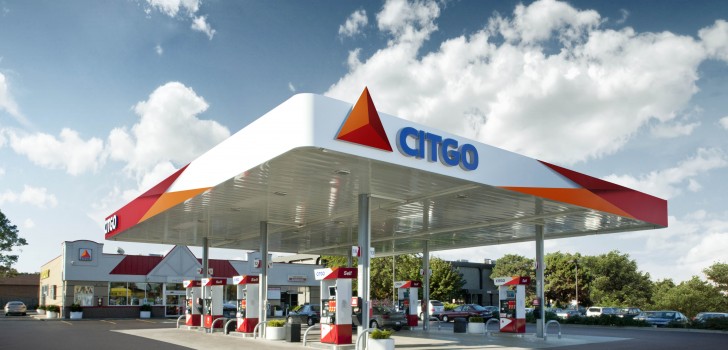Consumers have been pocketing instead of spending savings from lower fuel costs, which according to the U.S Commerce Department has made for a sluggish end to third quarter retail sales figures.
September figures show a 0.1 percent gain which was down from the pessimistic forecast of 0.2 predicted by 82 economists surveyed by Bloomberg. More than half of merchant categories showed decreases.
Thomas Costerg, a senior U.S. economist at Standard Chartered Bank, says the sluggish sales raises concerns about consumer spending staying power which accounts for about 70 percent of the economy. He says this is particularly worrisome as overseas demand for U.S. products also slowed.
“Consumption has been a strong pillar of growth over the summer, but this pillar is probably more fragile than previously expected,” he says. “Consumers would like to see more wage growth before spending a bit more freely.”
Seven of 13 major retail categories showed declines in September, headed by a three percent drop at service stations as fuel costs continued dropping. According to AAA, regular gasoline prices around the U.S this week were $2.30 a gallon, 50 cents lower than the year’s high in mid-June.
Meanwhile a U.S Labor Department report shows falling energy costs dampened wholesale inflation, with the producer price index decreasing by 0.5 percent, the most since January.
Financial experts say uncertainty in financial markets may be prompting consumers to hold on to savings as the Commerce Department’s report show building-material dealers, electronics stores, online merchants, and even grocery stores saw purchases slow in September.
However, automobile sales kicked the downward trend with sales rising 1.7 percent in September, the largest rise since May.
Ward’s Automotive Group industry data shows car and light truck sales in September were the best in a decade, rising at a 18.1 million annualized rate, following a 17.7 million pace in August.
The experts say federal policy makers are closely watching economic data for signs cooling overseas markets are spilling over and posing risks to the U.S.economy.
Carl Riccadonna, chief U.S. economist at Bloomberg Intelligence says slides in retail sales “will exacerbate concerns that the negative feedback mechanism is stronger than many forecasters currently anticipate”.
Stay Connected